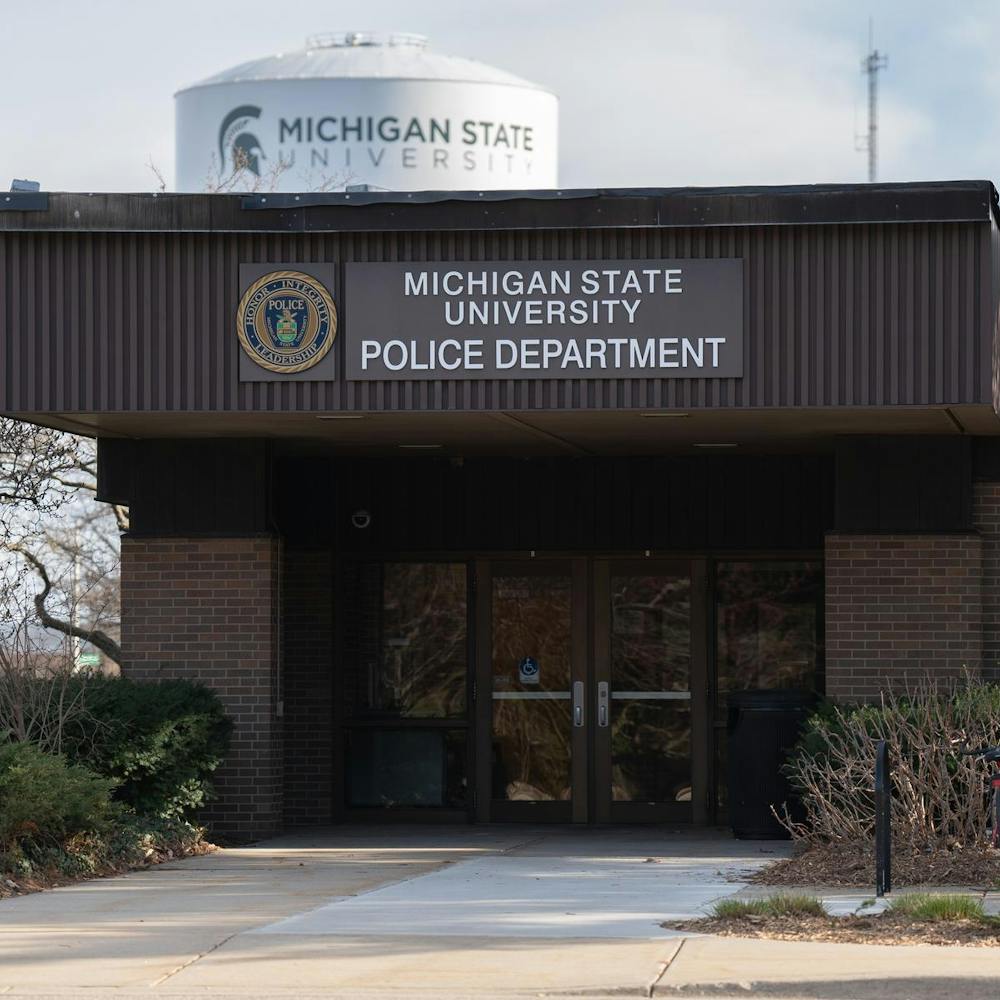Students living on campus lived up to their stereotype as being unconcerned for the political primary.
When the reports came in on the campus polls, voting numbers were significantly lower than for other East Lansing precincts.
Wilson Hall voters tipped the scales with a 1.72 percent voter turnout, which was the highest turnout of any campus precinct. Rounding out the list were Owen Graduate Hall with 1.64 percent voter turnout, Brody Hall at 1.16 percent and Akers Hall mustered a 0.57 percent voter turnout.
The city’s average voter turnout for 17 precincts was 21.98 percent.
“I think there’s a combination of some students being apathetic and some not being here,” Mayor Pro Tem Sam Singh said. “The elections here guide future elections. It’s a shame only 20 percent show up to vote.”
City Clerk Sharon Reid said the numbers are skewed because not a lot of students are living on campus right now.
Both her and Singh expect different numbers this fall, especially because it is a gubernatorial race.
“Our hope is in November we’ll see a high turnout,” Singh said. “We were impressed with the number in the 2000 presidential election.”
But city leaders have been trying to help student disinterest. Two methods used to increase campus voting numbers since 2000 include relocating some campus precincts and moving polling locations from basements to ground levels.
Snyder Hall was at one time a location, but polling was done in the basement and many city officials felt the inconvenience contributed to lower voting numbers.
But accounting senior Arvind Sapra disagrees with new methods to increase voting by officials, and said he voted in Snyder’s basement several years ago.
“I don’t think it really helps,” Sapra said. “If you want to vote, you’ll vote.”
Sapra lives in Akers Hall now and did not vote in the primary.
“I don’t personally believe in primary elections,” he said. “I don’t think it’s right to vote in a primary because I’m independent.”
Sarpa said he doesn’t like being forced to vote for candidates from one party and the reason for low voter-turnout at Akers was because few students live there now.
Councilmember Bev Baten agreed with Sapra, and said people should not worry about student turnout for Tuesday’s primary.
“This time of the year is not a good time to judge on,” Baten said. “I think the city is doing a good job of getting people to vote and students to vote.”
Baten also understands why students may not vote and that the true reasons for not voting include being apathetic and short on time.
“They’re busy,” Baten said. “Their life is concentrated around their school work. Even if they were at home, would they vote? No.”
Councilmember Vic Loomis said campus precincts are still needed though.
“I know it’s a cost to staff those precincts, but I think we need to have the opportunities there,” Loomis said. “The challenge is getting the word out there to vote.”






